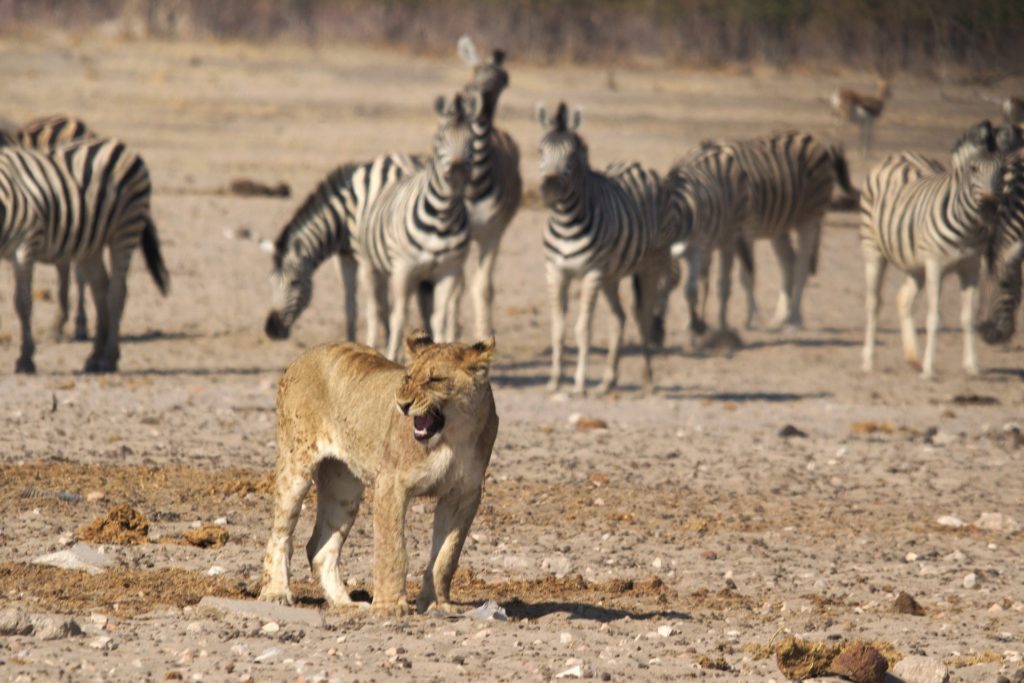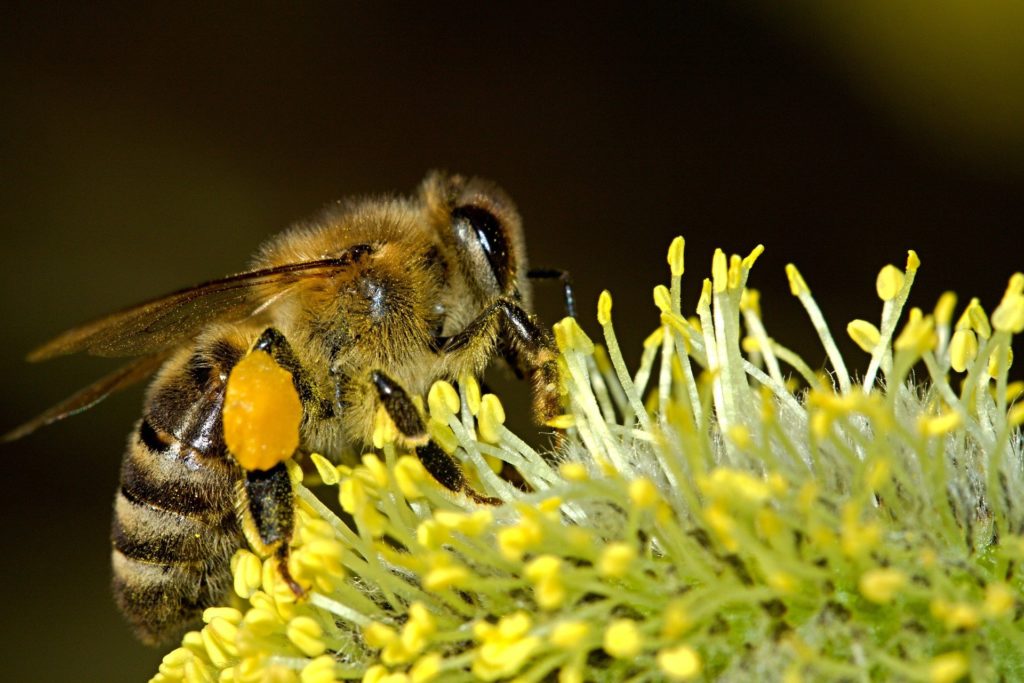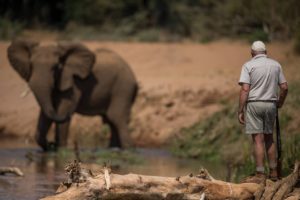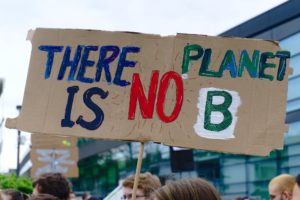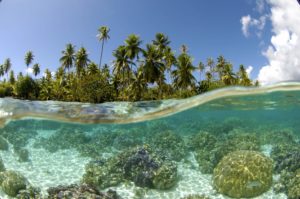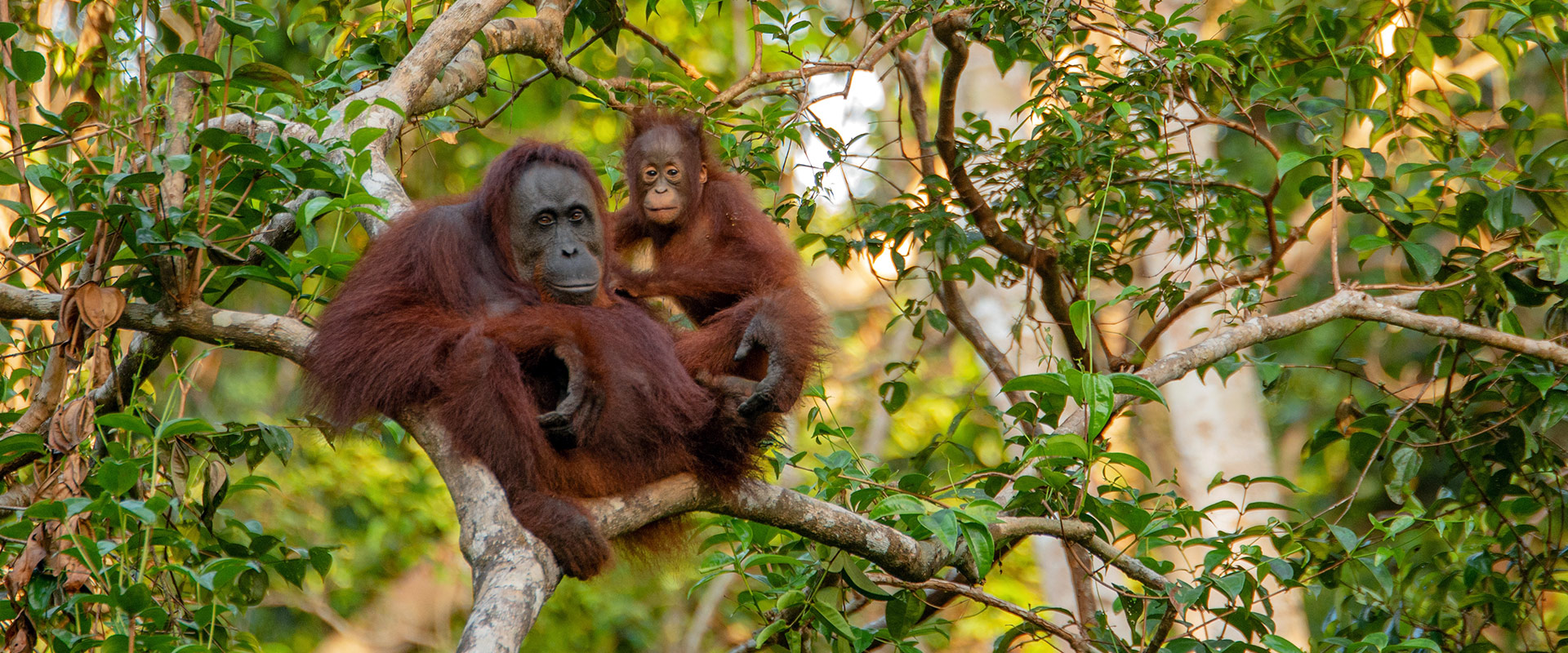
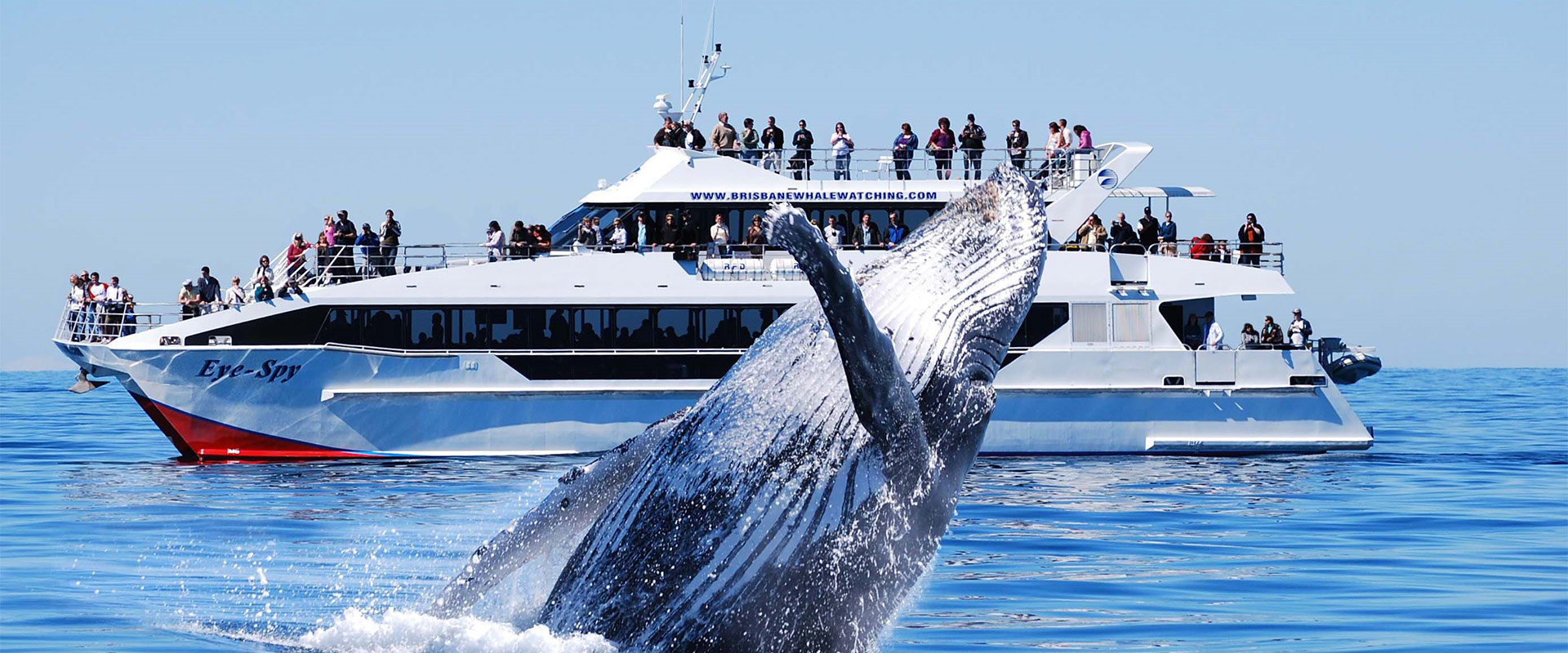
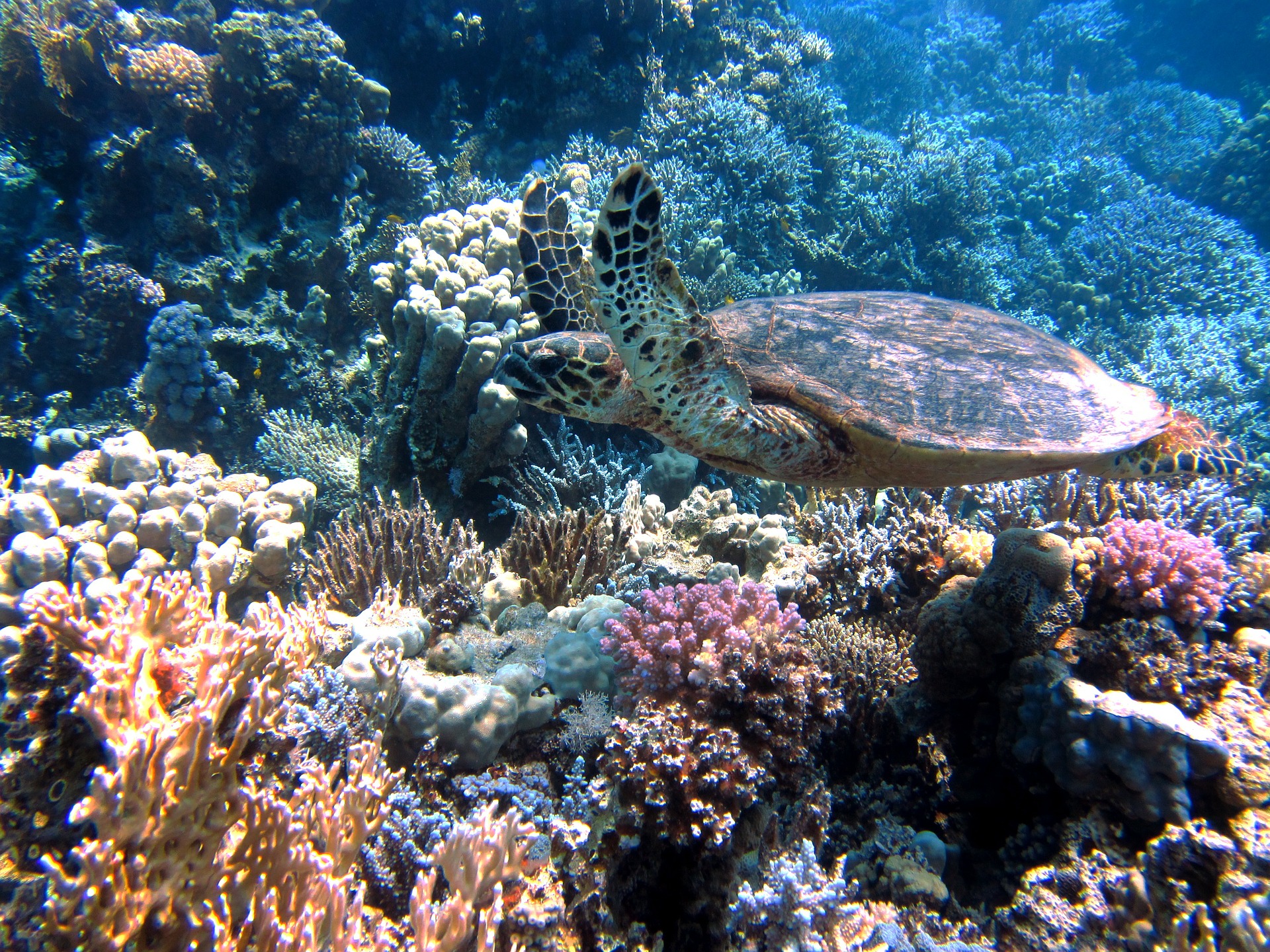
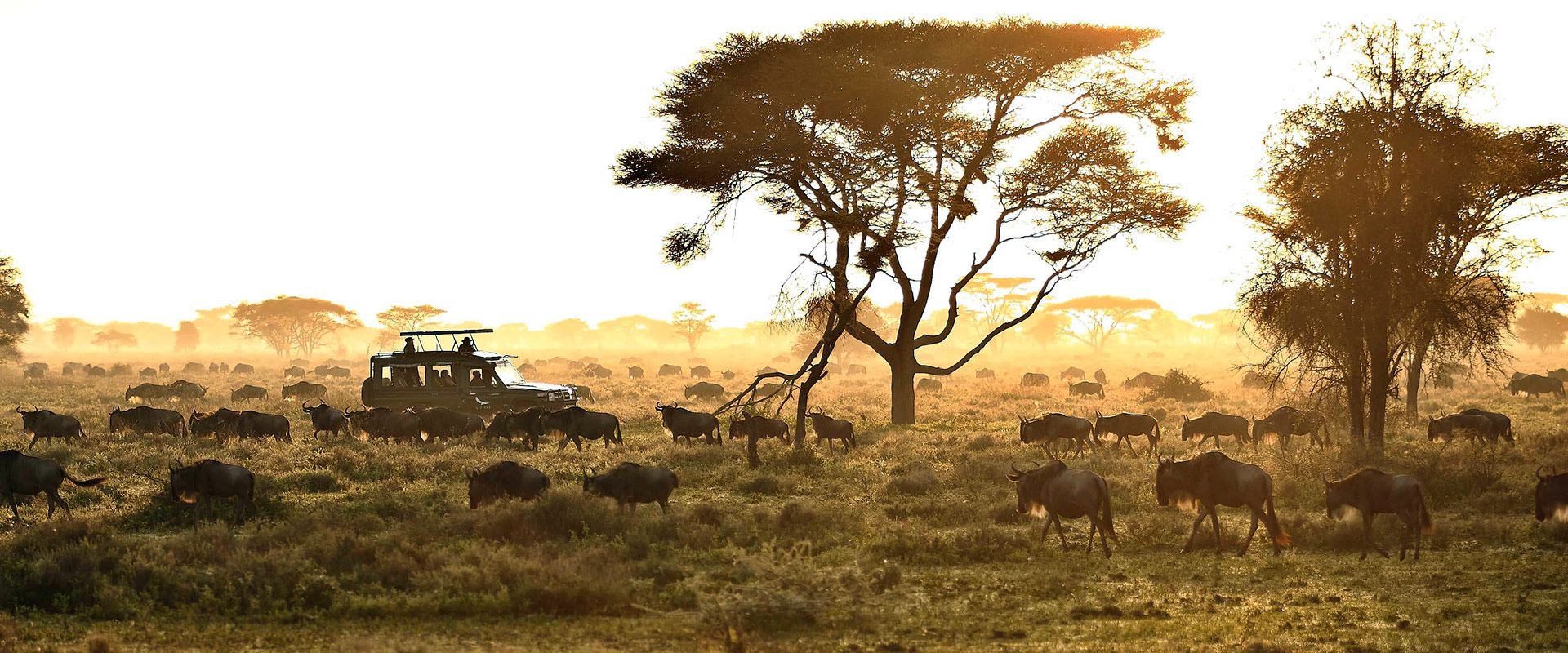
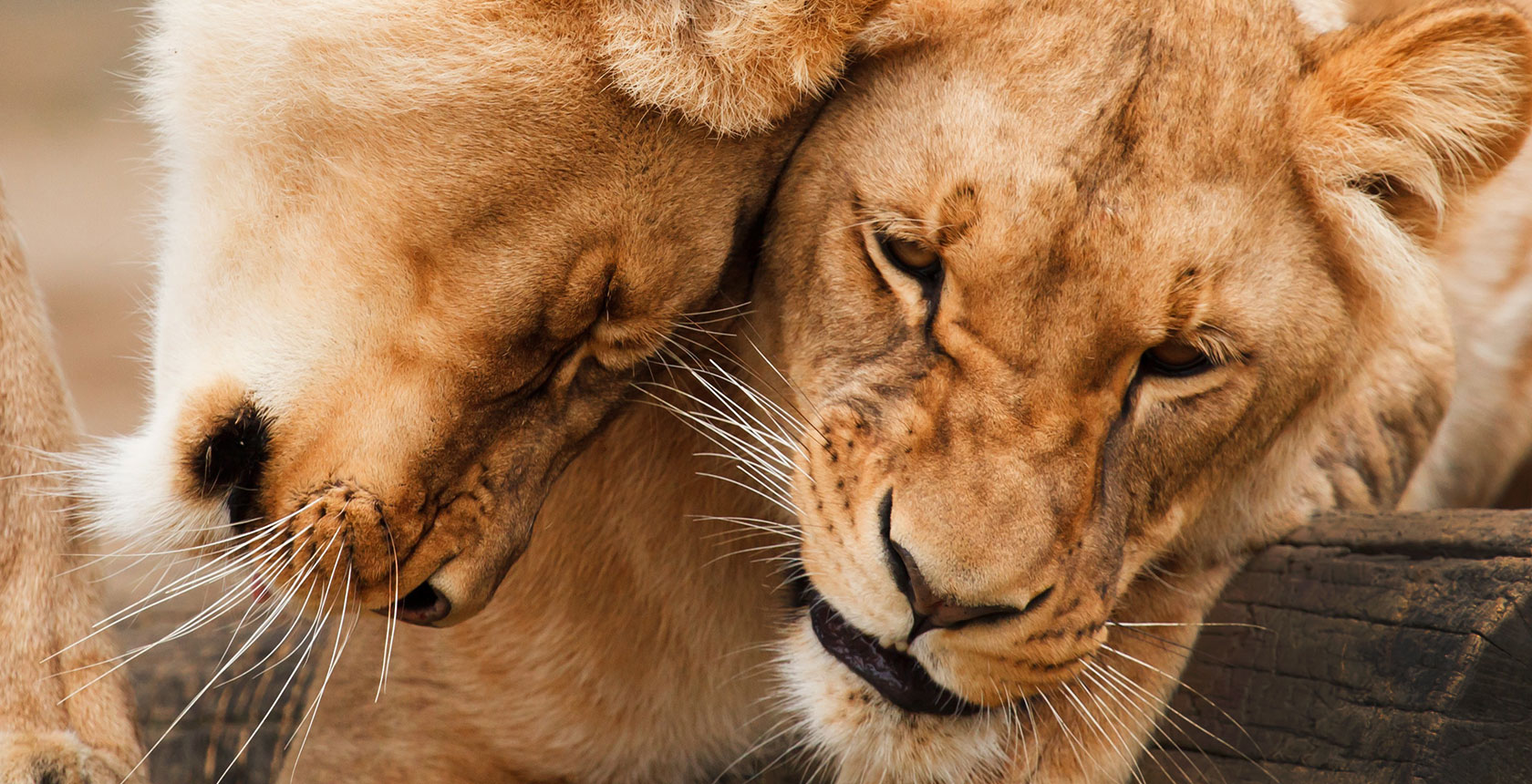
Species Extinction: The Destructive Environmental Impact
A topic that deserves more of the spotlight in climate change conversations is the impact of animal extinction, and the deterioration of biodiversity of the ecosystem on our climate. Healthy ecosystems clean our water, purify our air, maintain our soil, regulate the climate, recycle nutrients and provide food. Every living thing plays a role in the food chain and Earth’s ecosystems. Rich biodiversity and healthy ecosystems are fundamental to life on our planet.
If we were to lose our ecosystem, the Earth would no longer be a habitable place for anyone. The nutrients and natural fertilisers in the soil would no longer exist, so the lush green forests we see today would no longer grow. The rivers and oceans would become overgrown with algae and natural pollutants and we would lose the sublimity of our planet.
Impact of Animal Extinction on Biodiversity
Simultaneously, as animal extinction is affecting our climate, the impacts on biodiversity in parallel are equally affecting the environment. As hierarchies of the food chain are taken out or modified it causes the rest of the food chain to take a hit as the predator-prey matchups have to be reformed. This is a problem because the foundations of these matchups have been organically decided based on the nutrients and food groups that each animal needs.
If a group of prey were to become extinct, it is not certain that the group below it on the food chain could provide the predator with the nutrients or volume of food it would need. If it got to that point, it is entirely possible that the predator could become extinct, therefore carrying on the cycle. This is known as trophic cascade, an ecological phenomenon triggered by a predator’s extinction.
